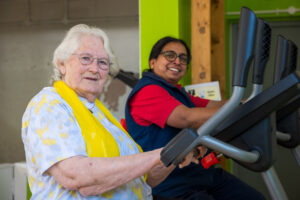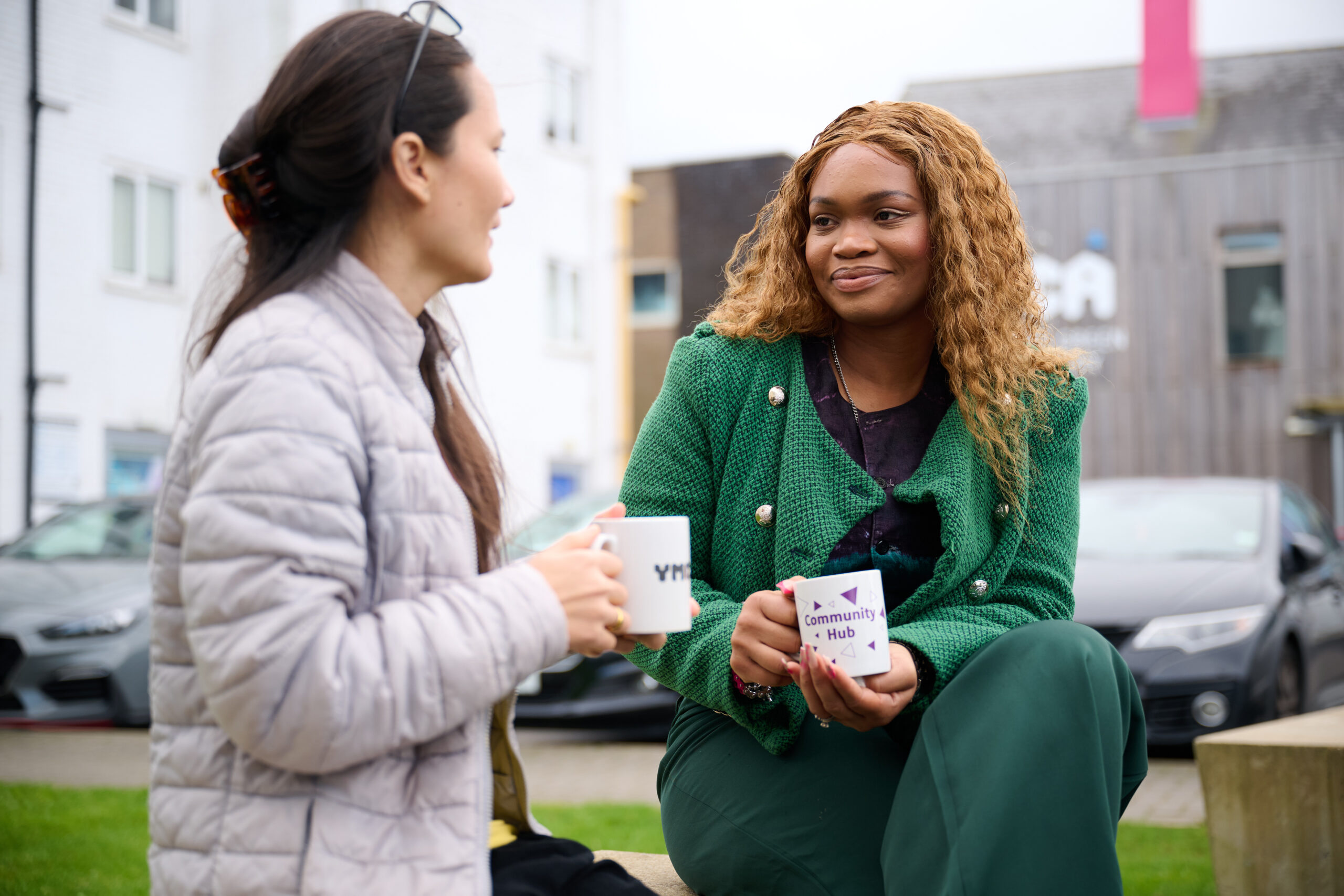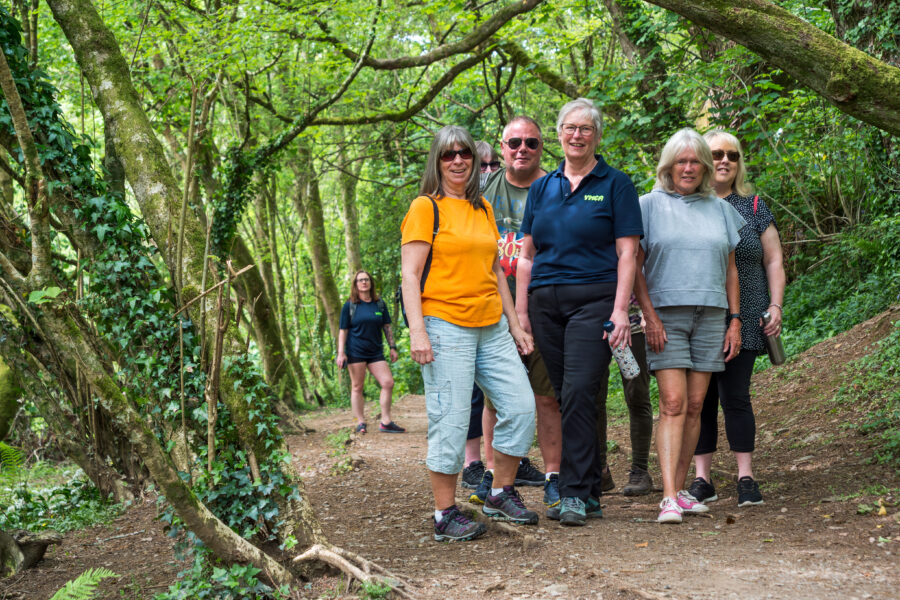How often do we truly pause and consider what uplifts us? In our busy lives, it’s easy to overlook the simple things that contribute to our overall wellbeing. As World Wellbeing Week unfolds, we have a wonderful opportunity to collectively hit pause and focus on what enriches our lives.
This week celebrates all aspects of wellbeing. From meaningful, purposeful work to financial security, physical, mental and emotional health, social resilience and empathic corporate and civic leadership, community relations and care for the environment. We have found 5 simple, practical tips to boost your wellbeing and reduce stress that are easy to implement into your daily lifestyle.
What is wellbeing?
The Oxford English Dictionary defines wellbeing as “the state of being comfortable, healthy or happy”. However, wellbeing can be a lot more complex.
Many believe wellbeing is the absence of ill-health or disease. This is a common misconception. Wellbeing is a blend of physical health, mental and emotional health, social connections, sense of purpose, and financial security. It encompasses your overall happiness and life satisfaction. Think of it as your overall sense of self and how you experience your life.
So, why is wellbeing important? Wellbeing is the foundation to a happy and productive life. When you have a strong wellbeing, you’re better equipped to handle stress, build meaningful relationships, pursue your passions, and contribute positively to your community. Wellbeing can also:
- Improve recovery from illness
- Lower incidences of cardiovascular disease, stoke and sleeping difficulties
- Increase energy levels
- Add years to life
5 ways to improve your wellbeing
Wellbeing isn’t a fixed state; it’s something you can actively improve and maintain throughout your life. It’s about building healthy habits and making conscious choices that support your overall development. Here are some key areas to focus on:
Exercise – Regular physical activity, even moderate exercise such as walking, releases endorphins that boost mood and reduce stress. Find activities you enjoy, whether it’s swimming, running, team sports, or even gardening, that you can incorporate into your routine daily or weekly. Even short bursts of activity can make a difference.
 Healthy Diet – A healthy diet, including foods rich in vitamins, minerals, and antioxidants can improve mood and energy levels. Stay hydrated and be mindful of your intake of processed foods, excessive caffeine, and alcohol, as these can negatively affect your wellbeing.
Healthy Diet – A healthy diet, including foods rich in vitamins, minerals, and antioxidants can improve mood and energy levels. Stay hydrated and be mindful of your intake of processed foods, excessive caffeine, and alcohol, as these can negatively affect your wellbeing.
Prioritise Sleep – Adequate and quality sleep is the foundation of both physical and mental well being. Aim for 7-9 hours of restful sleep each night. Establish a consistent sleep schedule, create a relaxing bedtime routine, and try to limit screen time before bed to improve your sleep quality.
Connect with Others – Humans are social creatures, and strong relationships are fundamental to our wellbeing. Make time for friends, family, and your community. This could be anything from a regular coffee with a friend, volunteering, or simply having meaningful conversations with those around you. These connections provide support and a sense of belonging to benefit your wellbeing.
Setting goals – While these practices form the foundation of good wellbeing, intentionally setting goals can significantly amplify your progress and provide a clear roadmap. Goals give you direction, motivate you to take action, and provide a sense of accomplishment as you tick them off. They help you bridge the gap between where you are now and where you want to be in the future.
Importance of wellbeing at YMCA Cheshire
At YMCA Cheshire, we understand that wellbeing is a collective effort. We’re committed to fostering a supportive environment for our staff, volunteers, and service users, offering a range of initiatives designed to boost overall wellbeing.
We know how important it is for our staff to feel refreshed and supported. That’s why we’ve implemented a dedicated wellness hour, giving our team members the time and space to recharge. Whether it’s enjoying a peaceful group walk, practising mindfulness, or making the most of our gym facilities, we encourage everyone to focus on activities that help them thrive. When our staff feel good, they’re better able to support our community!
And it’s not just our staff we’re looking out for. We’re big believers in the power of connection and staying active for our service users. That’s why our regular football sessions are so popular! These are a fantastic way to build friendships, work together as a team, and enjoy the benefits of physical activity. Team sports like football are brilliant for boosting both your physical health and your social connections, leading to a sense of belonging and improved wellbeing.
World Wellbeing Week is the perfect time to reflect on your own wellbeing and take positive steps forward. Remember, building and maintaining good wellbeing is an ongoing journey, not a destination. It’s about finding what works best for you and consistently making choices that support your health. Small, consistent efforts can lead to significant improvements over time.
Wellbeing is the bedrock of lasting change – when people feel better, they do better. In my role, I’ve seen how simple activities can spark confidence, connection, and hope. Supporting wellbeing empowers our service users to rebuild their lives with strength and purpose.
– Olufemi Falogbon, Health & Wellbeing Coach
Additional Resources












